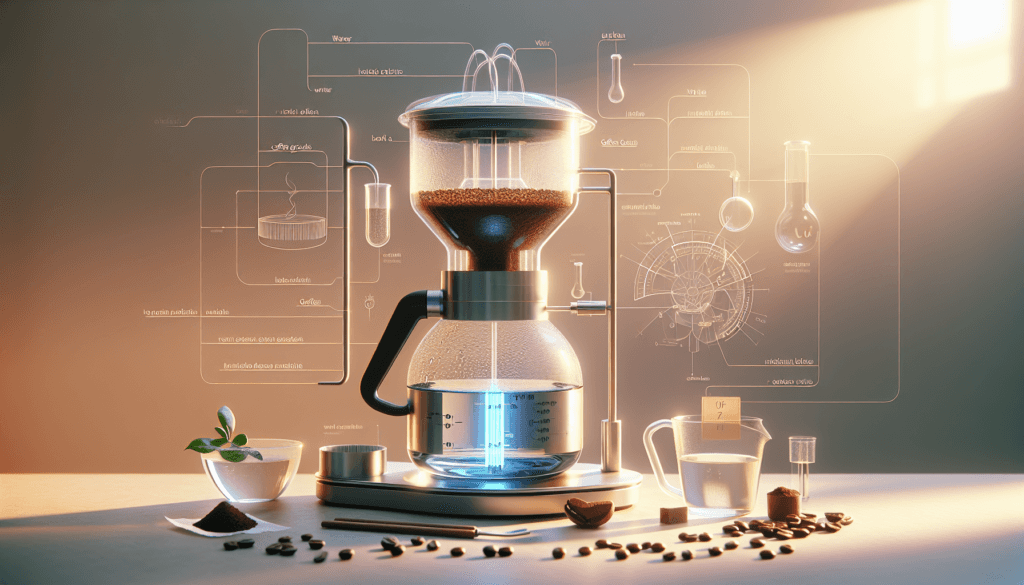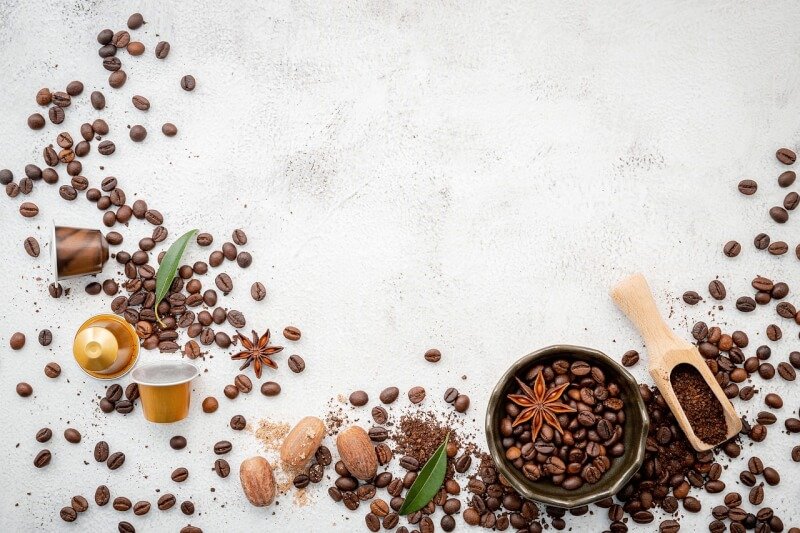Imagine waking up to the intoxicating aroma of freshly brewed coffee, the rich aroma swirling through the air, enticing you to take that first sip. But have you ever wondered what makes that cup of coffee so flavorful and satisfying? In this article, we will explore the fascinating world of coffee extraction and the science behind perfecting its flavor. From the precise brewing temperature to the extraction time, we will uncover the secrets that unlock the full potential of every coffee bean, so you can savor every sip with a newfound appreciation. Get ready to delve into the science of coffee extraction and unlock the key to the perfect cup of joe.
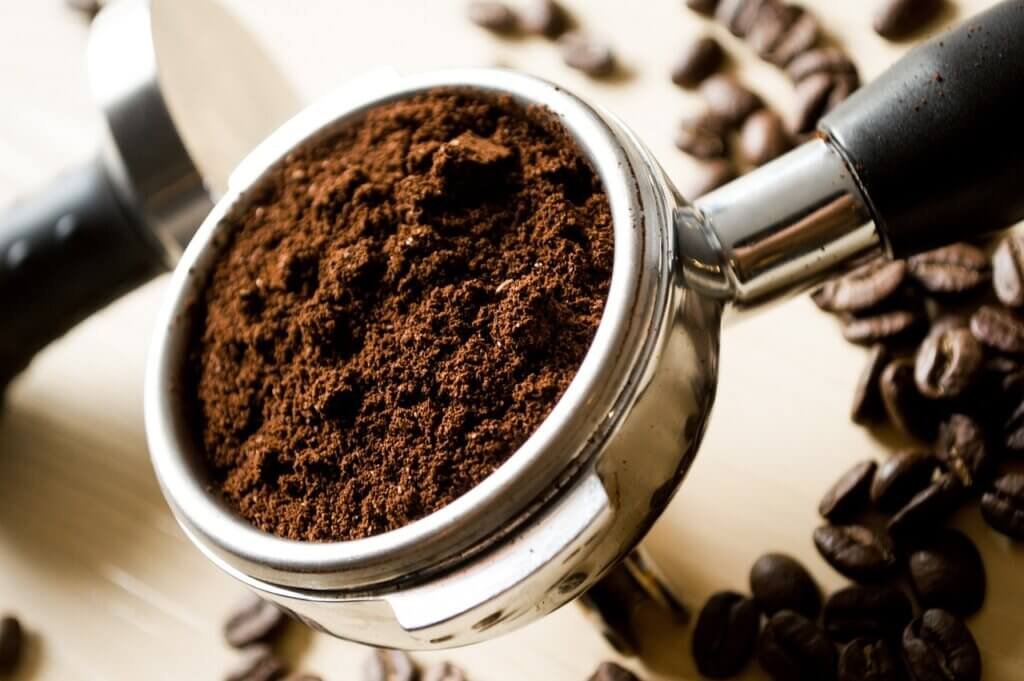
Understanding Coffee Extraction
The Importance of Extraction
Coffee extraction is a crucial step in the brewing process that ultimately determines the flavor and quality of your cup of coffee. Extraction refers to the process of dissolving the desirable soluble compounds from the coffee grounds into the water. It is responsible for extracting the delightful flavors, aromas, and oils that make each cup of coffee unique.
To achieve a delicious and well-balanced brew, it is essential to understand the importance of extraction. Under-extraction results in a weak and sour-tasting coffee, while over-extraction produces a bitter and harsh flavor. Striking the perfect balance is key to extracting the desired flavors and achieving a satisfying cup of coffee.
What is Extraction?
Extraction involves the transfer of soluble compounds from the coffee grounds to the water during the brewing process. These soluble compounds include acids, sugars, oils, and other flavorful substances that contribute to the distinct characteristics of the coffee. Proper extraction ensures that the desirable compounds are dissolved, while minimizing the extraction of undesirable, bitter compounds.
The extraction process can be influenced by various factors, including grind size, water temperature, brew time, and agitation. Understanding these factors and their impact on extraction will empower you to brew a truly exceptional cup of coffee.
Factors Influencing Extraction
Several factors influence the extraction process and play a significant role in determining the flavor outcome of your coffee. By understanding and controlling these factors, you can achieve the desired extraction and unlock the full potential of your coffee grounds.
One crucial factor is the water-to-coffee ratio, which determines the strength and intensity of the brew. The grind size of the coffee grounds also affects extraction, as it determines the rate at which the water extracts soluble compounds. The water temperature plays a vital role in extraction, as different temperatures can extract different flavor profiles. Additionally, brew time and agitation can impact extraction, determining the level of extraction and balance of flavors in your cup of coffee.
Understanding Coffee Solubles
Coffee solubles refer to the compounds that are soluble and extracted from the coffee grounds during the brewing process. These solubles include acids, sugars, oils, and other flavorful compounds. The balance and combination of these solubles contribute to the unique taste and aroma characteristics of your coffee.
Each compound has a different solubility profile, meaning that they dissolve into the water at different rates. Understanding the solubility of various compounds allows you to control and manipulate extraction to achieve the desired flavor profile in your cup of coffee.
Ideal Extraction Percentage
The ideal extraction percentage is a measure of how much coffee has been dissolved into the water during the brewing process. It is often expressed as a percentage, with the sweet spot typically falling between 18% and 22%.
When extraction falls below 18%, it usually indicates under-extraction, resulting in a weak and sour coffee. On the other hand, extraction above 22% suggests over-extraction, leading to a bitter and overbearing flavor. Striving for an extraction percentage within this range allows for a well-balanced cup with desirable flavors and aromas.
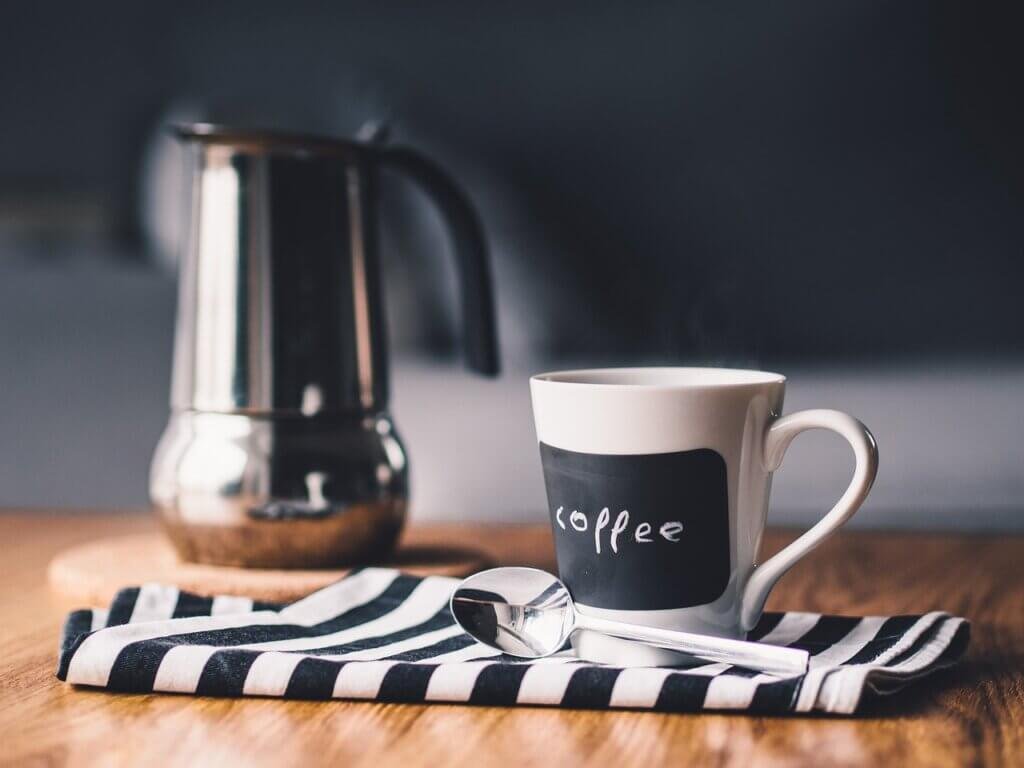
The Role of Brewing Variables
Water-to-Coffee Ratio
The water-to-coffee ratio refers to the amount of water in relation to the amount of coffee grounds used during brewing. This ratio has a direct impact on the strength, body, and flavor intensity of your coffee.
Generally, a higher ratio of water to coffee will result in a lighter and more delicate brew, while a lower ratio will create a stronger and bolder cup. Experimenting with different ratios allows you to fine-tune the flavor to your personal preference.
Grind Size
Grind size is a critical variable that influences extraction by determining the rate at which water extracts soluble compounds from the coffee grounds. Coarser grind sizes result in slower extraction, while finer grind sizes promote faster extraction.
The ideal grind size depends on the brewing method you are using. For example, a French press requires a coarse grind to prevent sediment in the cup, while an espresso machine requires a very fine grind for optimal extraction. Understanding the relationship between grind size and extraction allows you to achieve the desired flavor profile for your preferred brewing method.
Water Temperature
Water temperature significantly affects the rate of extraction and the overall flavor of the coffee. The optimal brewing temperature generally falls between 195°F and 205°F (90°C – 96°C). Water that is too hot can cause over-extraction and result in a bitter taste, while water that is too cold may lead to under-extraction and a weaker flavor.
Preheating your brewing equipment, such as the coffee maker or kettle, helps maintain a consistent temperature throughout the brewing process and ensures proper extraction. Monitoring and adjusting water temperature are crucial steps in achieving the perfect cup of coffee.
Brew Time
Brew time refers to the duration for which the coffee and water are in contact during the brewing process. The optimal brew time varies depending on the brewing method and the desired flavor profile.
Over-extraction occurs when the coffee grounds are in contact with water for too long, resulting in a bitter taste. Conversely, under-extraction happens when the brew time is too short, leading to a weak and sour flavor. Finding the right balance and adjusting the brew time accordingly allows for optimal extraction and a well-rounded cup of coffee.
Agitation and Stirring
Agitation and stirring play a crucial role in promoting even extraction and ensuring that all coffee grounds are in contact with the water. By gently agitating the coffee bed, you can help release trapped gases and distribute water evenly.
There are different techniques for agitation, such as gently stirring with a spoon or using a specialized coffee stirring tool. However, it is essential to avoid excessive agitation, as it can lead to over-extraction and astringent flavors. Experimenting with different levels of agitation allows you to find the right approach for your preferred brewing method.
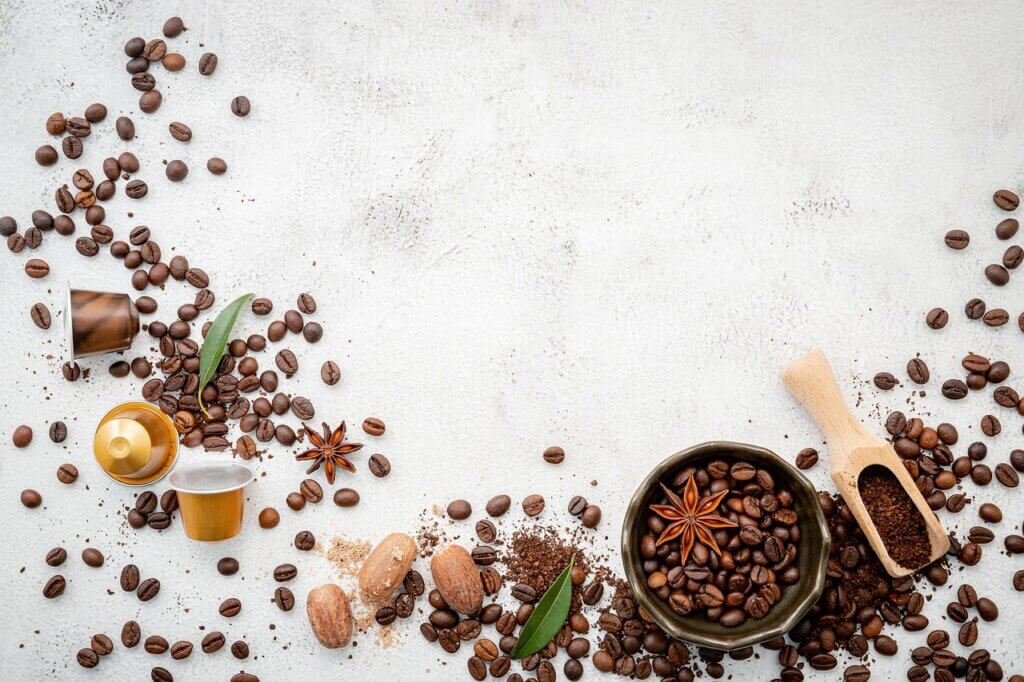
Exploring Water-to-Coffee Ratio
Definition and Importance
Water-to-coffee ratio refers to the proportion of water in relation to coffee grounds used during brewing. It is a critical variable that directly impacts the strength and flavor intensity of your coffee.
The importance of water-to-coffee ratio lies in its ability to control the strength and concentration of the brew. A higher ratio of water to coffee will result in a milder and lighter flavor, while a lower ratio will create a stronger and more robust cup. Finding the right balance allows you to tailor the taste to your desired preference.
Effects of Different Ratios
Experimenting with different water-to-coffee ratios can have a significant impact on the flavor profile of your coffee. Increasing the ratio, or using more water relative to the amount of coffee grounds, tends to produce a more diluted and mellow cup. On the other hand, decreasing the ratio by using less water will yield a stronger and more concentrated brew.
By adjusting the water-to-coffee ratio, you have the flexibility to fine-tune the flavor profile and strength of your coffee. It is important to note that the ideal ratio may vary depending on personal preferences and the brewing method being used.
Understanding Under Extraction
Under-extraction occurs when the coffee grounds have not fully released their desirable soluble compounds into the water. This can result in a weak and sour-tasting cup of coffee. It is often characterized by a lack of body, muted flavors, and an overall unbalanced profile.
Under-extraction can be caused by various factors, including using too little coffee relative to the amount of water, using a coarse grind size, or brewing for too short a time. Adjusting the water-to-coffee ratio by increasing the amount of coffee grounds or extending the brew time can help address under-extraction issues.
Understanding Over Extraction
On the other end of the spectrum is over-extraction, which occurs when the coffee grounds have been in contact with water for too long or have been extracted too aggressively. Over-extracted coffee often tastes bitter, harsh, and astringent.
Over-extraction can be caused by factors such as using too much coffee relative to the amount of water, using too fine a grind size, or brewing for too long. Adjusting the water-to-coffee ratio by using less coffee or reducing the brew time can help mitigate over-extraction.
Finding the Right Balance
Achieving the ideal water-to-coffee ratio is a matter of personal preference and experimentation. It is essential to find the balance that best suits your taste preferences and the desired flavor profile. By adjusting the ratio, you can control the strength, body, and overall taste of your coffee, allowing you to brew a truly enjoyable and well-balanced cup.
